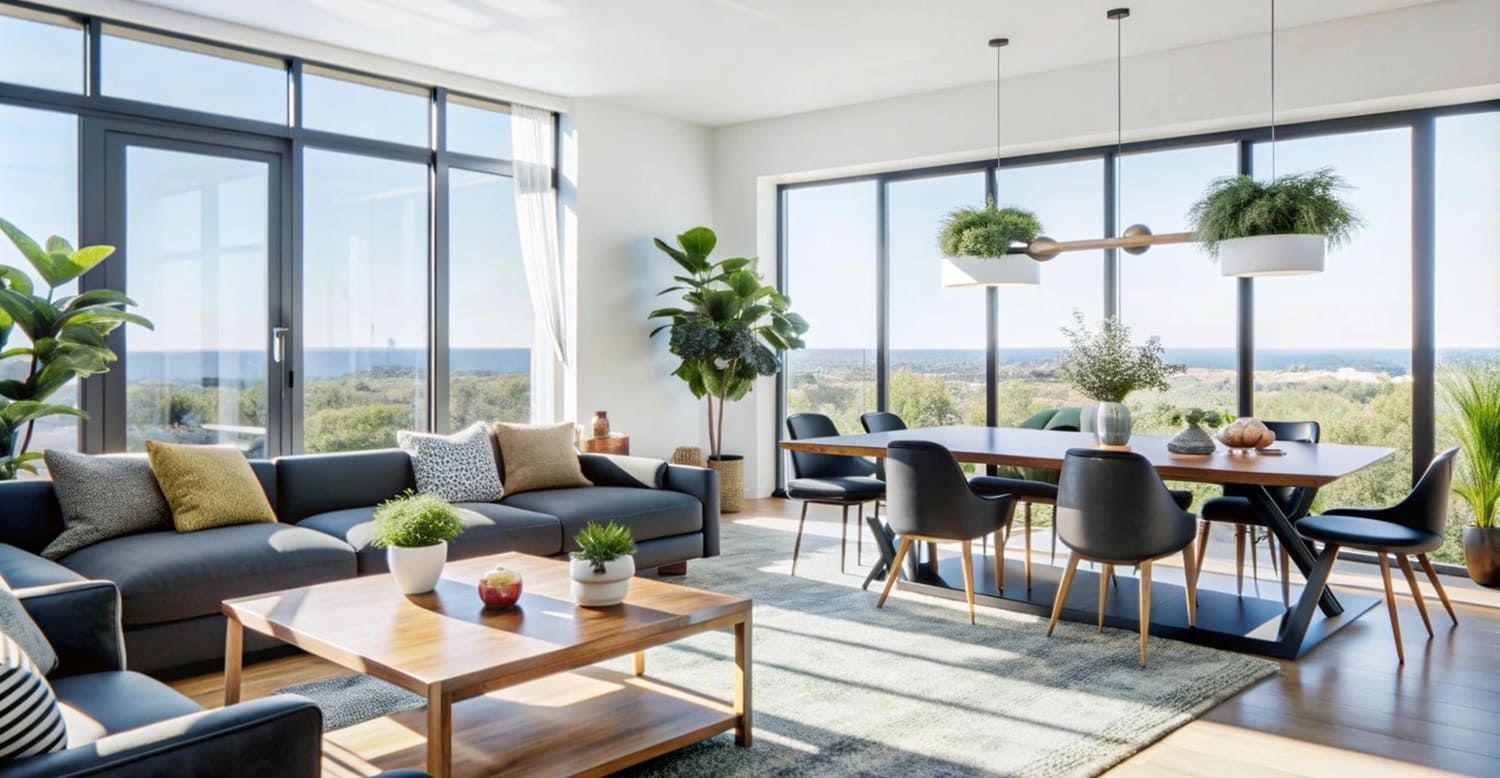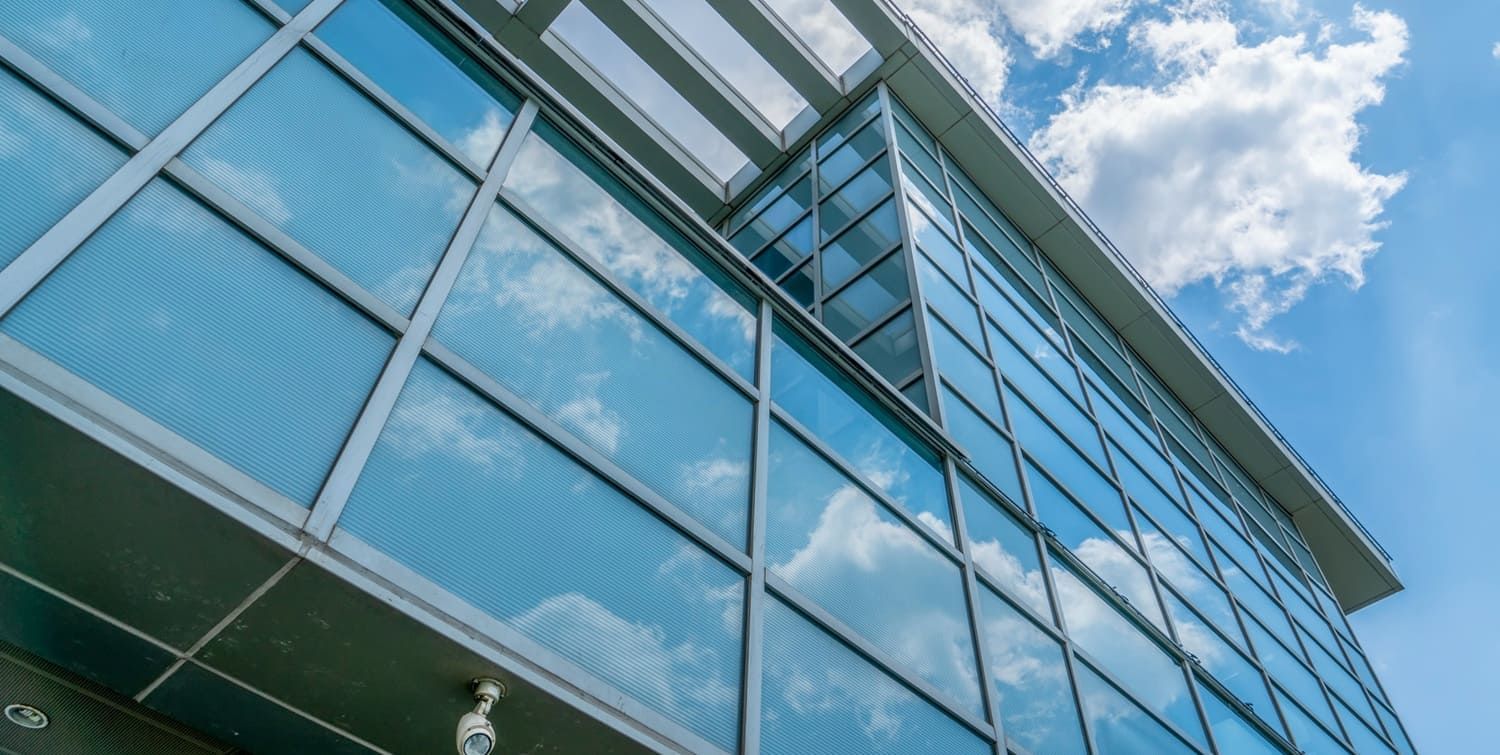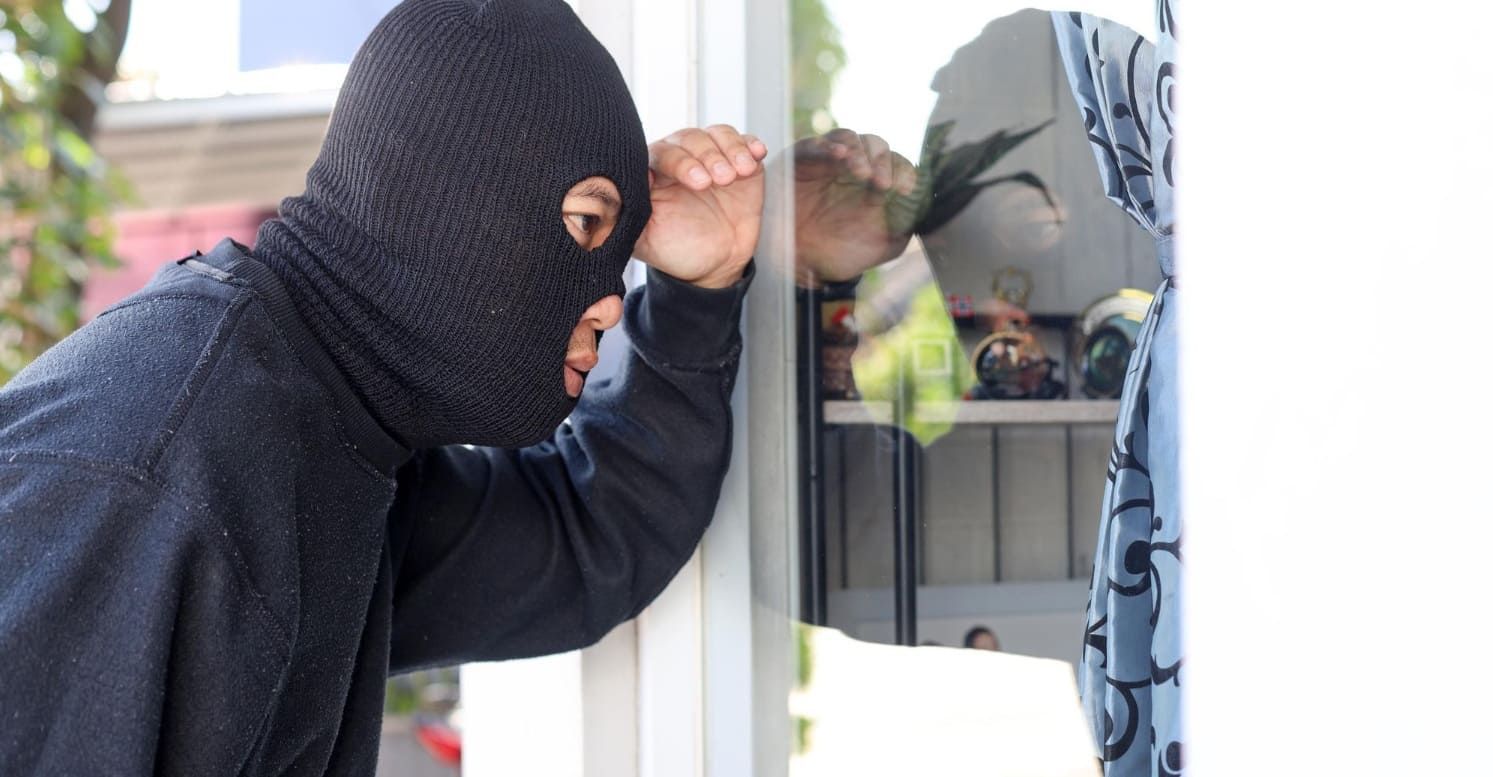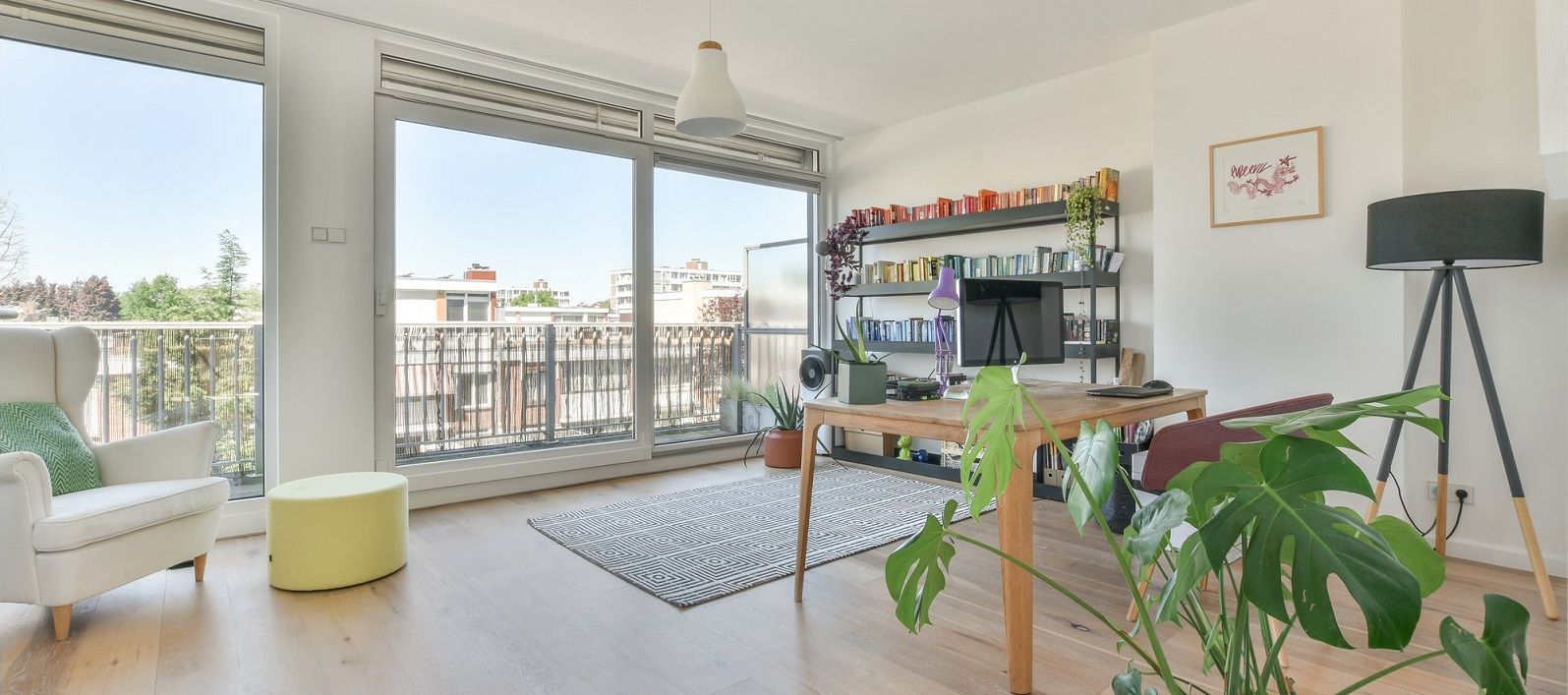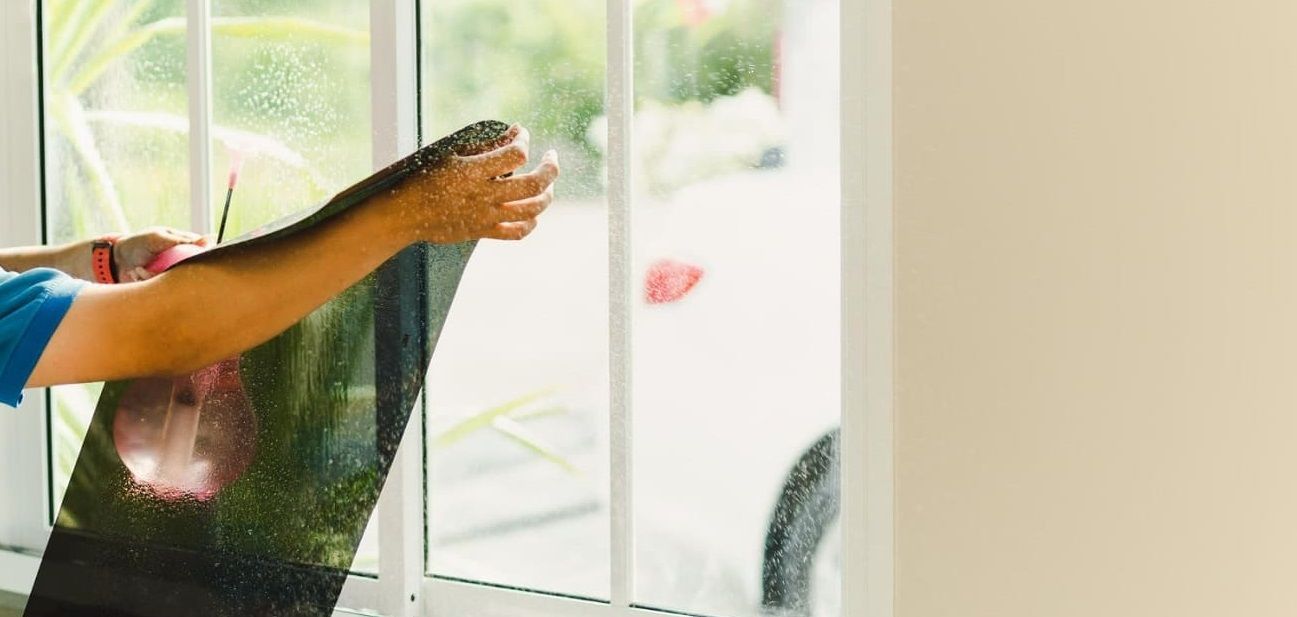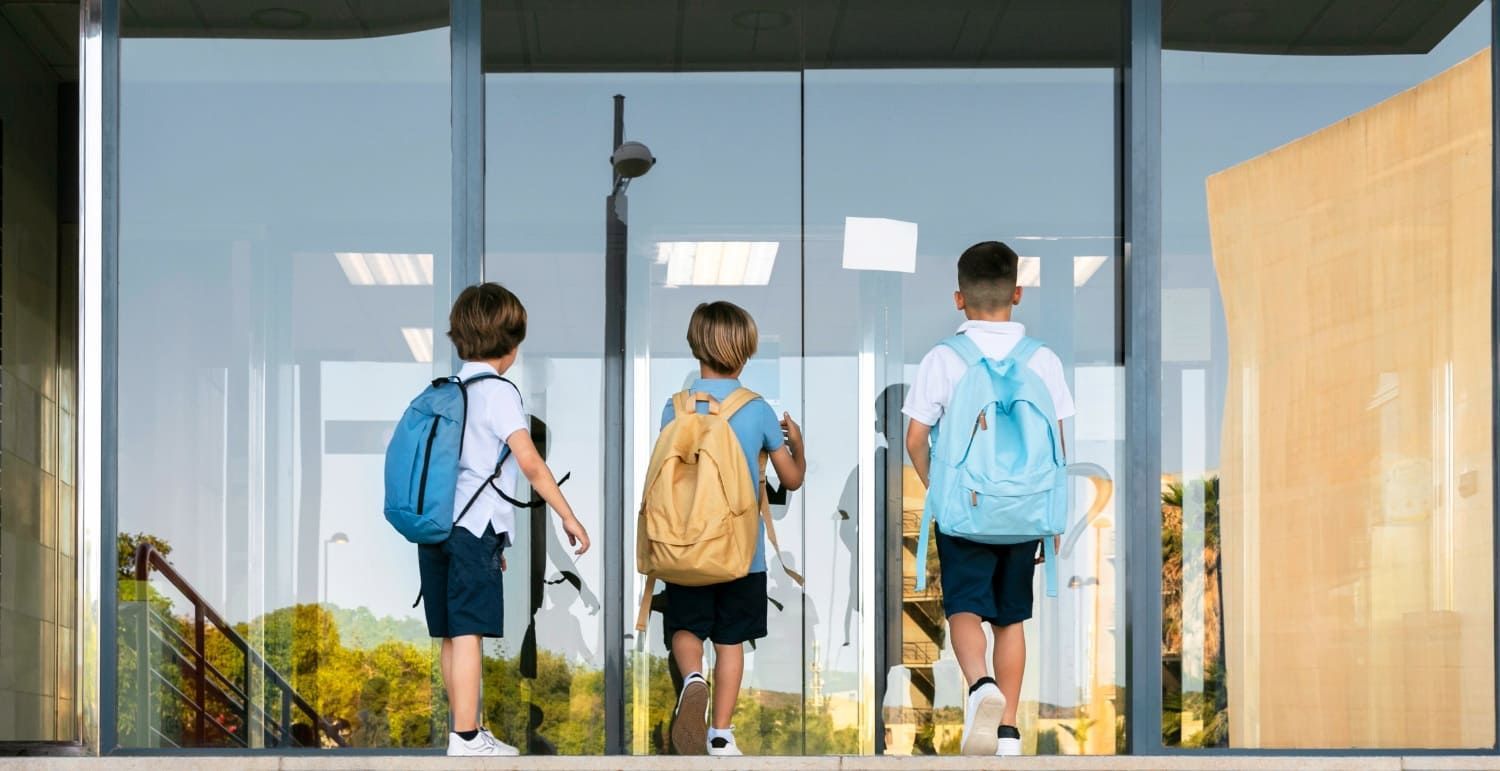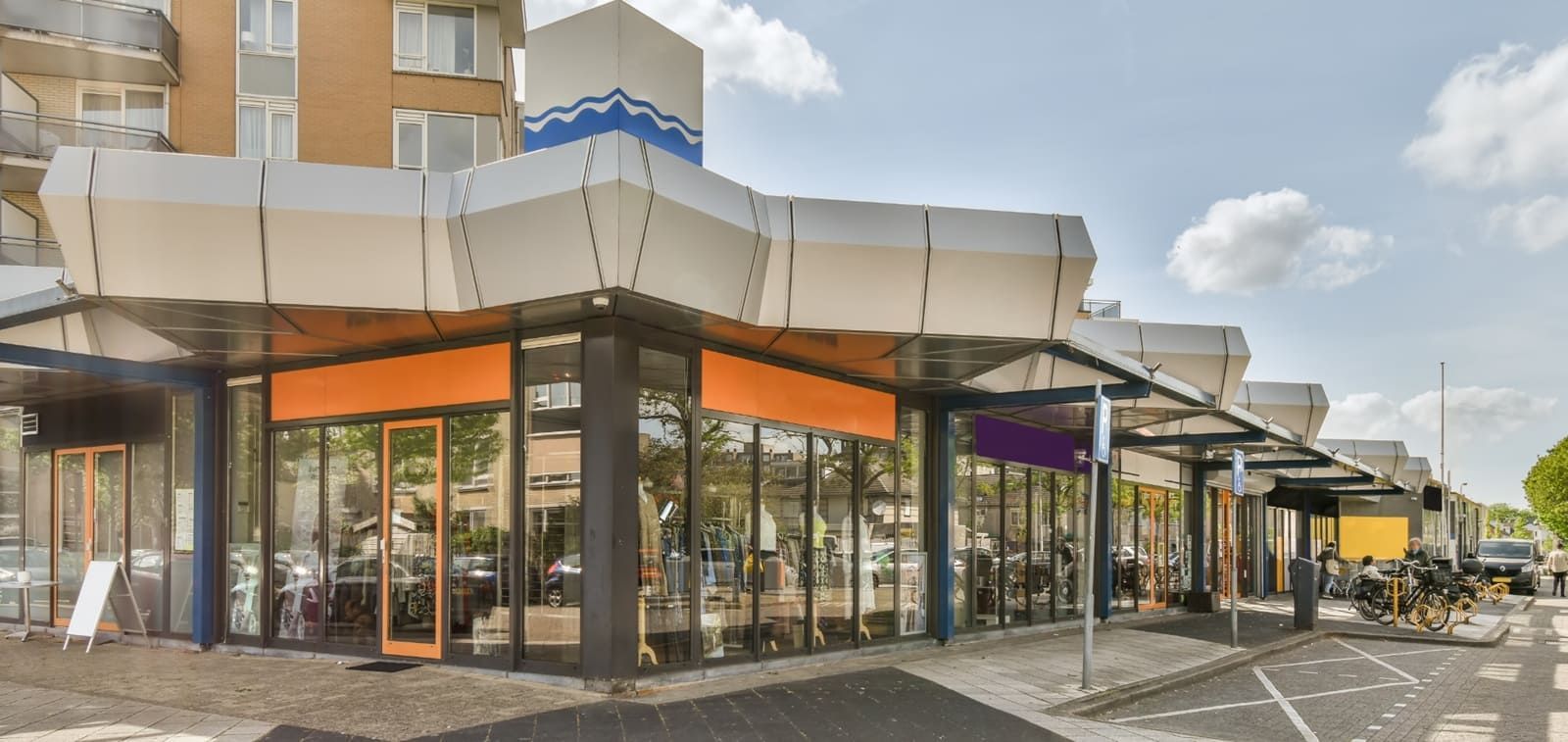THE BEST IN RESIDENTIAL AND COMMERCIAL WINDOW TINTING
How Much Does It Cost To Tint Windows?
Are you planning to have the windows of your home tinted? Have you ever wondered: how much does it cost to tint windows? Read on to learn more.
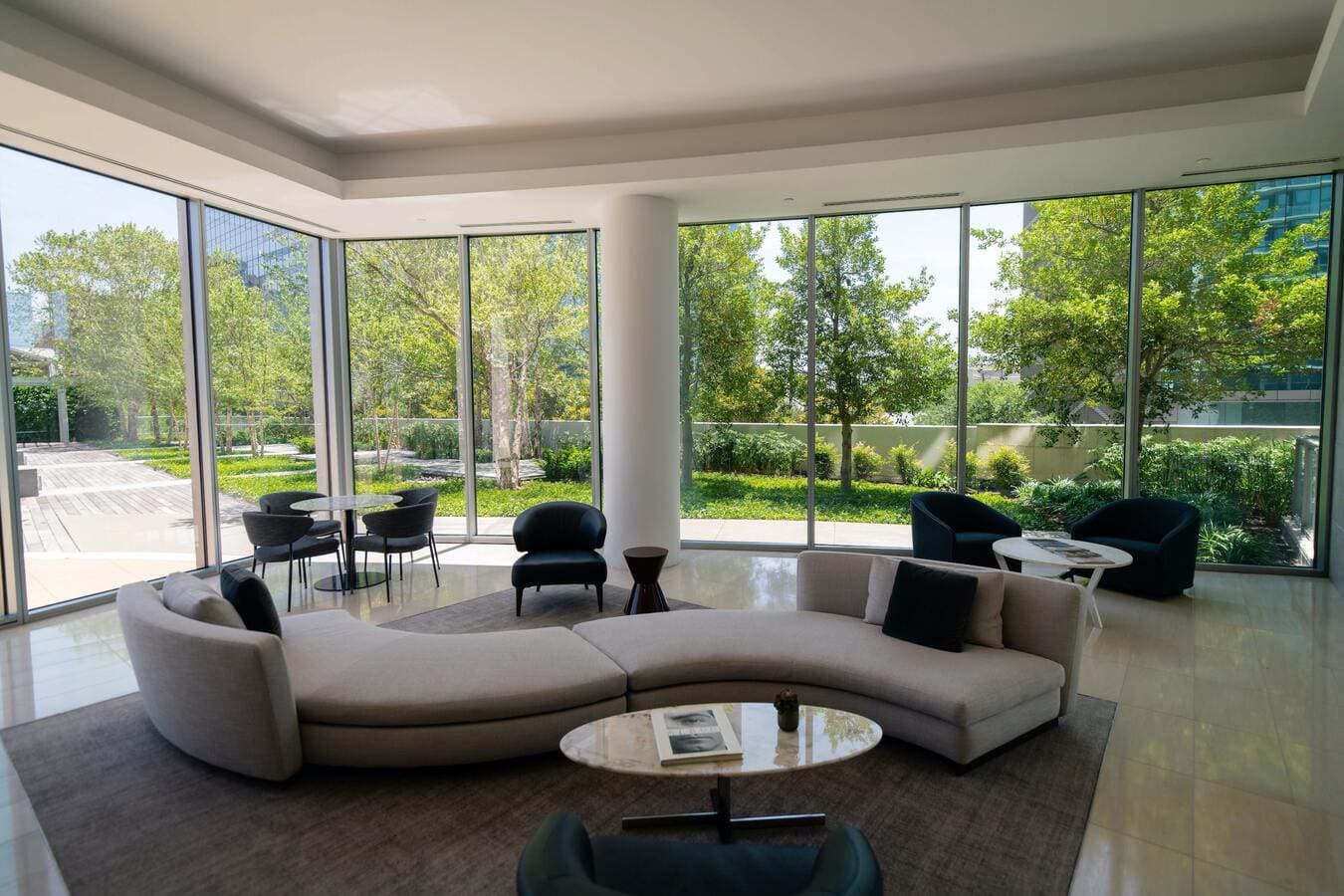
Did you know the sun streaming through your windows could be damaging your furniture and flooring?
You've invested a lot into your home, and now it's time for you to take protect it. One way you can prevent harmful UV rays from getting inside your home is through window tenting.
You're probably asking yourself, "how much does it cost to tint windows" well, you've come to the right place. We are going to tell you everything you need to know about window tinting, including the cost and benefits.
Size and Shape
There are many factors that you must consider when you are budgeting for residential window tinting, and the first one is the size and shape. Standard flat windows will be the most affordable.
If you have a curved, round, or uniquely shaped window, plan to pay a little extra. These shapes take extra time and require more skill and equipment. With large bay windows and sliding glass doors, the price will increase due to the need for more film.
Film Type
Residential Window Tinting costs vary based on the type of film or tint you choose. There are many options so you'll be able to find the best one for you.
Ceramic
If you want natural light to come through but don't want the sun to damage your home, a ceramic film is a great option. This tint absorbs the heat and helps to keep your house cool.
You have the option of a light or dark shade, and they both block out UV light. This tint doesn't work on double-paneled windows as the heat absorption will cause cracking, and you can expect to pay about $8 per square foot.
Decorative
If you're looking for extra privacy, consider a decorative or frosted window tint. There are many design options available and are typically used on front doors or bathroom windows.
If you're looking for heat protection, these may not be the best option for you; they are solely for looks and privacy. You'll want to ask the installer, "how much does it cost to tint windows with the decorative film" before you commit. However, if you're working on your budget prior, you'll likely pay between $6 and $10 per square foot.
Mirror Tint
If you're looking for privacy during the day without compromising visibility, a mirror film is the way to go. This option is great for commercial and business buildings or if you live on a busy road or neighborhood.
Besides privacy, the mirror tint also protects from outside heat. Unlike ceramic film, this can be applied to single or double-paneled windows.
It is also less expensive than ceramic tint, typically costing about $6. Beware that at night the windows will look like mirrors from the inside.
Security Film
One of our best residential window tinting tips is to choose a security film if you want to protect your home from break-ins. A Security film is going to be of the more expensive options and could cost you up to $15 per square foot.
You can get different thicknesses to increase the security levels. The film is also great if you live in an area with lots of storms. The film will protect from flying debris in large storms such as hurricanes.
Non-Reflective
A non-reflective film is affordable, sitting at about $5.50 per square foot. This film will protect your furniture and you from harmful UV rays.
It won't block as much heat as some of the other options. Similar to the mirror tint, it won't damage double-paneled windows. You can pick from a few different shades if you want to add some privacy.
Installation
It can be easy to forget about the cost of labor which will add about $1 per square foot to your bill. If you have standard windows, you can expect the installer to get the project done in one day. The more windows you have, the longer it will take, so keep that in mind.
Location and Number of Windows
The location of your windows matters. The ground-level windows are more accessible and require less risk and equipment.
The installer will likely need a ladder to complete the tinting on the second and third levels. You could be charged up to $1.50 more per square foot for high and difficult windows. Be sure to confirm if the tinting company has a minimum price or number of windows that are required for the project.
Residential Window Tinting Benefits
There are several benefits of window tinting that we haven't talked about yet. Many tintings will reduce glare in your home. If you're using your devices in a room with lots of natural light, it can be hard to see, but a film will help.
Your AC unit won't have to work as hard if you have window tinting that reduces the amount of heat coming in. This means less maintenance and a lower electric bill. Your investment in residential tinting will save you money in the long run.
How Much Does It Cost to Tint Windows
We hope this residential window tinting guide has helped you. Now you know the answer to "how much does it cost to tint windows," you can make an informed decision.
Film Systems of Florida have helped many homeowners and provide the best service around. You can get a free estimate, and we will address any of your concerns. Click here to contact us and to find out why our customers give 5-star reviews.
Film Systems Of Florida Blog


